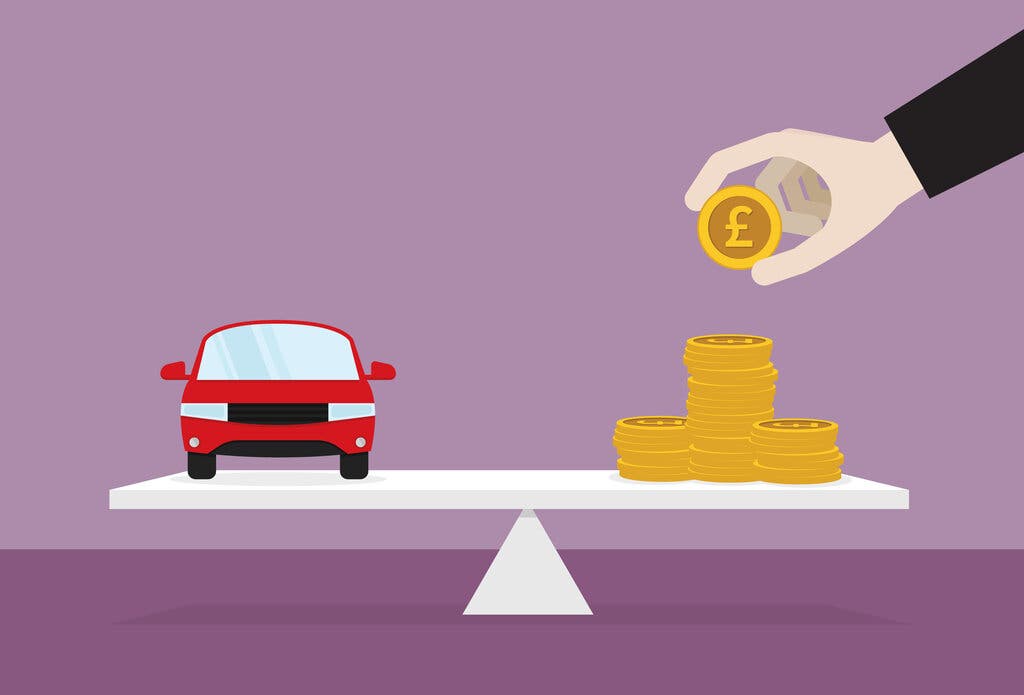How to Refinance a Car
If you have a car on finance, whether it’s a Personal Contract Purchase (PCP) or a Leasing agreement and you’re concerned about your expenses, it’s worth considering that there may be a way to decrease your monthly payments before your agreement concludes, all while keeping your car.
Refinancing your car can be an option for individuals who are funding their car purchase through a car finance agreement. Nevertheless, it’s not without its disadvantages. In this blog article, we will explore how you can refinance your car and the potential pros and cons of this decision.
What does ‘car refinancing’ mean?
Refinancing is the process of financing something again and usually entails obtaining a new loan in order to settle your current car finance arrangement.
A situation in which you may choose to refinance your car loan could be if you manage to secure a more favourable interest rate and replace your existing loan with a new one or a loan that allows for it to be spread over a longer period of time, keeping your monthly payments down. Alternatively, you may even take out a loan to pay your final “balloon payment” on a PCP car finance agreement if you wish to own the car at the end of the term.
Should you refinance your car?
Both have pros and cons, but ultimately the decision will depend on your personal circumstances.
It could be the case that your circumstances have changed, and you are finding it hard to pay your car finance instalments, so you may be looking at refinancing to spread the cost over a longer term; or it could be the case that your credit score has increased since you took out car finance, so you may now be looking at refinancing to get a more favourable interest rate.

To summarise so, the benefits of refinancing may include:
- Owning the Car Quicker: With a PCP and HP agreement, you don’t legally own the vehicle until you make the final payment. Some motorists choose to refinance their loan through an unsecured personal loan, which grants them legal ownership of the vehicle as soon as the funds are transferred to their car finance lender.
- Shorter Repayment Period: If you are happy to pay slightly higher monthly instalments, you can refinance your loan on a shorter term, allowing you to pay it off sooner and resulting in less interest overall.
There are, however, also some disadvantages to bear in mind when choosing to refinance your car loan. These include:
- Higher Overall Interest: If your new loan extends over a longer period of time than your current one, you may end up paying more interest over time. It’s important to take into account whether the lower monthly payments outweigh the increased overall payments.
- Changes in the Economic Climate: It’s important to acknowledge that as of 2023, interest rates have been increasing. So make sure that before proceeding with your refinance, you’ve thoroughly checked the interest rates.
- Losing Consumer Protections: When considering any refinancing alternative that moves you from an HP or PCP or HP car finance agreement, where the car serves as collateral, to an unsecured bank loan, it's important to be aware that you may be losing some consumer rights. As the owner of the car, you will no longer have the option to return the vehicle, and the Voluntary Termination clause typically included in car finance agreements will no longer apply.
Does car refinancing affect your credit score?
When you apply for any form of car finance, your credit score may initially experience a drop. However, as you start repaying the loan, keeping on top of them can contribute to building your credit score back up.
We hope this article has given you a better understanding of car financing; however, should you have any further queries, please don’t hesitate to contact us
Tags: *car_refinance *refinance *finance_options *car_finance


